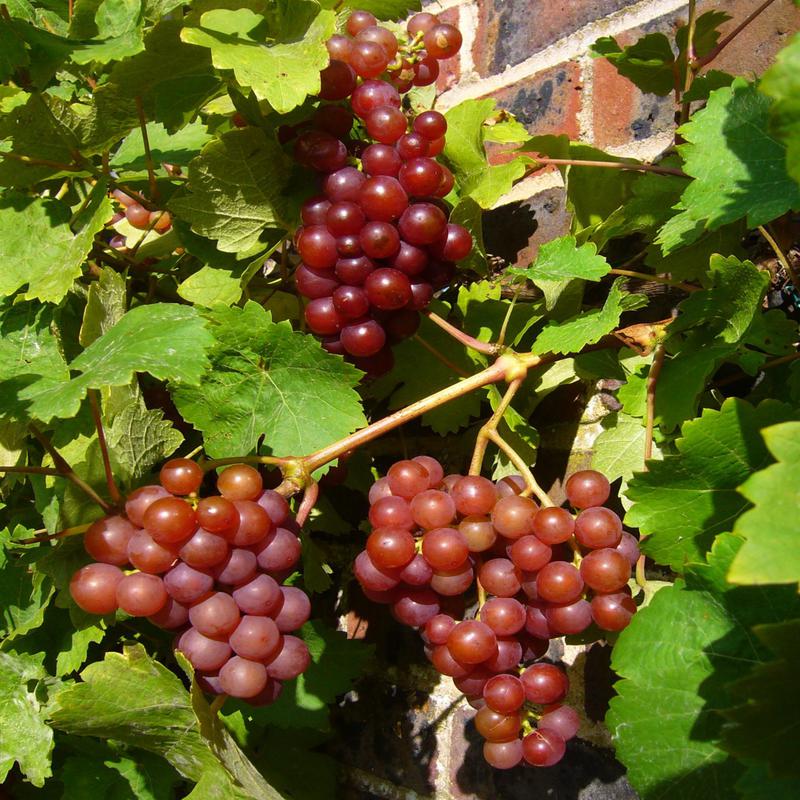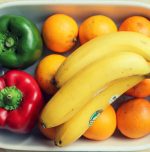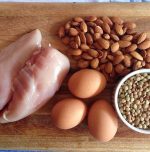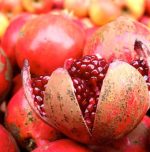Nourish your kidneys with these best foods

Diet plays a crucial role in managing kidney disease. Since kidneys are responsible for filtering waste from the blood, a compromised kidney function requires mindful food choices.
Eating the right foods can help reduce the strain on kidneys, slow disease progression, manage blood pressure, and reduce inflammation.
A kidney-friendly diet is not just a restriction, it’s a powerful tool for improving quality of life.
Best Foods for Kidney Disease
These foods support kidney function and are low in harmful nutrients like potassium, sodium, and phosphorus:
Cauliflower
- Low in potassium, high in fibre and vitamin C.
- A great substitute for starch-heavy foods like potatoes.
- Versatile for mashing, roasting, or stir-frying.
Blueberries
- Packed with antioxidants (especially anthocyanins).
- Low in sodium and phosphorus.
- Ideal as a snack or in smoothies and cereals.
Garlic
- Enhances flavour without added salt.
- Reduces inflammation and supports blood pressure control.
- Great in sauces, dressings, and sautés.
Red Grapes
- Contains flavonoids and vitamin C to fight inflammation.
- Helps reduce fluid retention.
- Ideal for snacks or salads.
Egg Whites
- High-quality protein with low phosphorus content.
- Supports muscle maintenance.
- Perfect for omelettes, salads, or scrambles.
Cabbage
- Rich in fibre, vitamins K and C.
- Low in potassium and sodium.
- Excellent for soups, salads, or stir-fries.
Skinless Chicken
- Lean protein source with lower phosphorus than red meat.
- Maintains strength and muscle mass.
- It can be grilled, baked, or boiled.
Olive Oil
- Rich in anti-inflammatory monounsaturated fats.
- Supports heart and kidney health.
- Great for cooking or drizzling over dishes.
Onions
- Low in potassium, and high in antioxidants like quercetin.
- Enhances flavour without extra sodium.
- Works well in almost any savoury dish.
Pineapple
- A tropical, low-potassium fruit alternative.
- Contains bromelain, which helps reduce inflammation.
- Tasty in salads or as a fresh snack.
To support kidney health, it’s important to follow a diet that eases the burden on these vital organs.
This involves careful selection of foods and mindful eating habits:
- Keep sodium intake low by skipping table salt and using natural flavor enhancers like herbs and lemon juice.
- Manage potassium levels by eating fruits and vegetables that are lower in potassium, such as cabbage, apples, and berries.
- Reduce phosphorus consumption by limiting foods like cheese, nuts, beans, and certain whole grains.
- Select the right proteins, focusing on lean, easily digestible options like egg whites and skinless chicken.
For the best results, work with a registered dietitian who can tailor a meal plan to your specific medical needs and lifestyle.
Benefits of a Kidney-Friendly Diet
- Slows kidney disease progression
- Controls blood pressure naturally
- Reduces inflammation and fatigue
- Minimizes complications like heart disease and fluid overload
By choosing the right foods and following a kidney-conscious meal plan, patients can greatly enhance their health and quality of life. A thoughtful, well-balanced diet is a key pillar of managing kidney disease effectively.
Image from Pxhere (Free for commercial use / CC0 Public Domain)
Image Published on March 24, 2017
Image Reference: https://pxhere.com/en/photo/1254669









